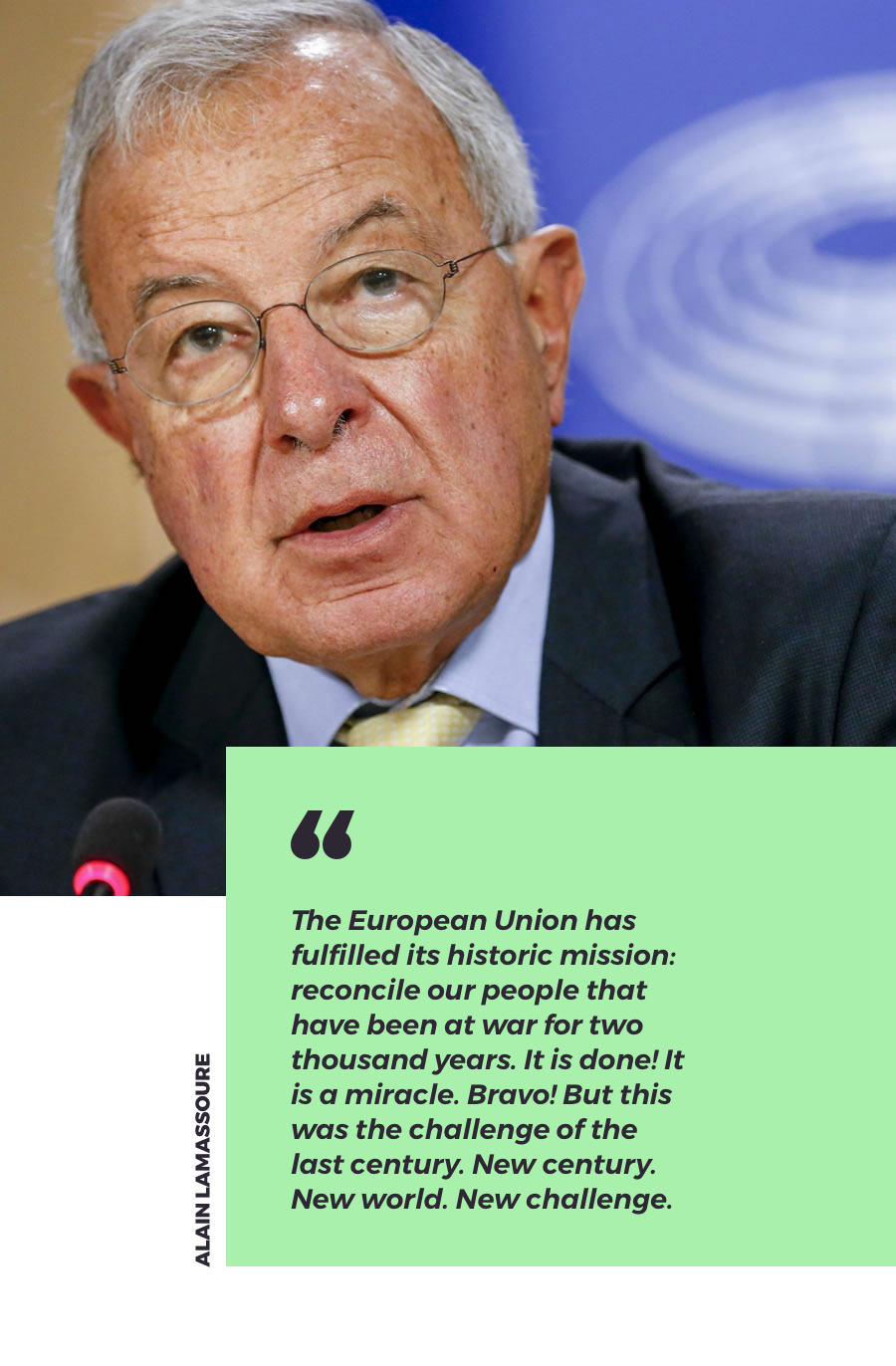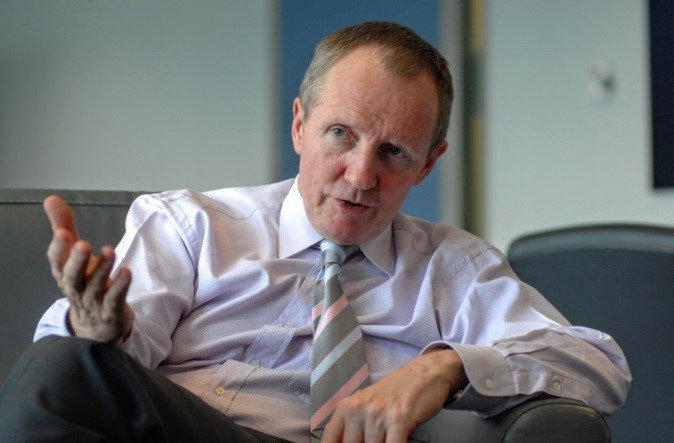Re-Imagine ECONOMY
A Fairer and More Competitive Economic Model for Europe
The taxation system is central in shaping the whole economy and is crucial in issues as different from employment to investment and research. Today, for instance, we claim that “decreasing unemployment” is a priority for European governments, yet employment is one of the most taxed items in our economy. This is particularly concerning in a time of increasing automation and the rise of robotics and AI.
Most fiscal systems in Europe today were created before the first world war when the economy looked very different, and national governments had the sovereignty to define and impose their perspectives. There are innumerable examples of the obviously paradoxical situations, so it is wrong to assume that because the system worked well 30-40 years ago, it can work again. We need to redesign the fiscal system to deliver and support the objectives we have and find solutions for today’s economy. Reforming it will be even more important as numerous countries and experts are starting to move away from the “eternal economic growth” model to a more balanced and resilient economic system.
Proposals for different types of elements of an ideal fiscal system for the 21st-century economy have flourished in recent years, both from academic and policy circles. It is clear that most of the fiscal systems of European countries are not adapted to deal with the economic challenges of today as can been seen by the problems posed by the digital economy (GAFA and the European Digital Tax), fiscal fraud and tax evasion (Panama and Paradise Papers) and global economic competition (US threat of tariffs).
TASKFORCE
You can read an overview of the Task Force’s objectives and timing here
The taxation system is central in shaping the whole economy and is crucial in issues as different from employment to investment and research. However, since the Maastricht Treaty, the underlying framework of the European fiscal rules has remained the same, despite constant revisions (although without significant Treaty changes).
Since most of the current tax systems were conceived for the economy of the twentieth century, they are unsuitable both from the point of view of taxpayers and to meet the needs of governments. Innumerable are the examples of obviously paradoxical situations. Today, for instance, we claim that “decreasing unemployment” is a priority for European governments, yet employment is one of the most taxed items in our economy. This is particularly concerning in a time of increasing automation and the rise of robotics and AI.
The European Commission had started a review of the European economic governance, which was first launched in February 2020, then put on hold due to the health crisis. Key objectives of this review are:
- Ensuring sustainable government finances and economic growth, as well as avoiding macroeconomic imbalances;
- Enabling closer coordination of economic policies;
- Promoting convergence in Member States’ economic performance. The post-Covid context should be taken as an opportunity for an ambitious reform of a now clearly outdated fiscal framework.
The aim of the Task Force is to develop innovative and pioneering proposals to build a blueprint for an ideal fiscal system and a fairer and more competitive economic model for Europe in the 21st century. We need to redesign the fiscal system to deliver and support the objectives we have and find solutions for today’s economy. Reforming it will be even more important as numerous countries and experts are starting to move away from the “eternal economic growth” model to a more balanced and resilient economic system.
We believe that the challenges posed by a changing paradigm present a unique opportunity to reimagine the European economy and to demonstrate how we can only solve the posed challenges by this global, digital, highly mobile world by joining forces and using our common strength to develop a new vision that unites us based on the fundamental values shared by the European citizens. Aware that most countries will need to reform their fiscal structures to deal with today’s reality, RIE suggests using this opportunity to think creatively and innovatively on the issue and come up with a solution that would be acceptable by most European countries.
A proposal for the new system will be outlined through the Task Force’s final report, which will be published at the end of the 18-month period during which the Task Force will be in charge.
Questions addressed will include:
- How will blockchain and cryptocurrencies affect the global and national economies?
- In a highly dynamic and moving gig-economy, how should an ideal tax system look?
- Panama and Paradise papers: how to stop “legal” tax evasion?
- Is the Digital tax the best way to address the digital economy?
This programme will bring together the leading minds in Europe on this issue to develop a model for what an ideal fiscal structure might look like today, adapted to our current economy.
We are currently selecting experts for the Steering Committee and Expert Committee with the support of our partners.
Re-Imagine Europa will work with the leading European organisations active in this debate to ensure that their expertise and work is reflected in the deliberations and support the work of the Steering Committee and Expert Committee.
Follow all the latest updates on the Task Force’s activities and events on the Economy home page and our social media channels (Twitter, LinkedIn).




